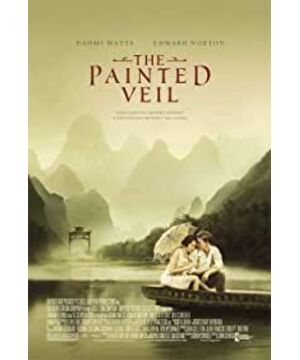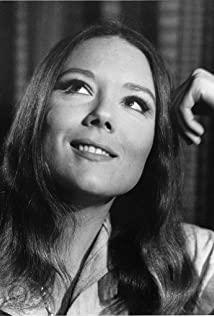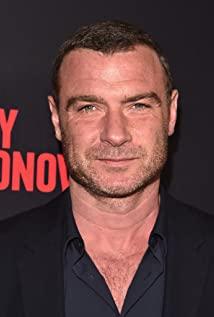Therefore, I think that although "The Veil" extends to China, it is not the real China, but only the spiritual exile of the protagonist, the carrier and tool for them to find their lost self. There is no need to delve into the film's rough design of the Chinese background when watching the play. Those opium-sucking apocalyptic relics, angry and ignorant Chinese people, and the green mountains and rivers in northern Guangxi look more like a symbol, a kind of strong plasticity that can be just right. A substance that heals the wounds of the human mind. Westerners are adventurous and pioneering spirits. They used to connect the world in a way that is not to be proud of. Even now, the world is consciously or unconsciously involved in their system. However, such a West is spiritually But it is lonely. Their tentacles stretched so far that colonial rule was like self-imposed exile, so powerful that they were the only ones to cheer. Compared with Westerners’ spiritual land that was over-cultivated to the point of desertification by rationalism, the Eastern world in the early 20th century was like a countryman who fled to the civilized world, dragging his devastated body, but his thoughts were simple and primitive. . So this is very suitable to be a spiritual sanatorium for Westerners, just like the story of "The Veil", the physical exile, but the return of the spirit. Similarly, last year's "Earl White", although Shanghai in the film is only a cheongsam singer with thin eyebrows and a phoenix, singing "Rose Rose I Love You" in a voice filtered by a gramophone, but from an aesthetic point of view, it is not distorted .
Also, for the ending of the film, I'd rather it be more fulfilling. Even deep plants are always easier to survive in tragic soil, and for "The Veil", Walter's final life and death is already a dispensable tail for the film's main theme, but they prefer Kitty to be alone. Leave, win the sentimental atmosphere, and lose the compassionate heart at the same time.
View more about The Painted Veil reviews











